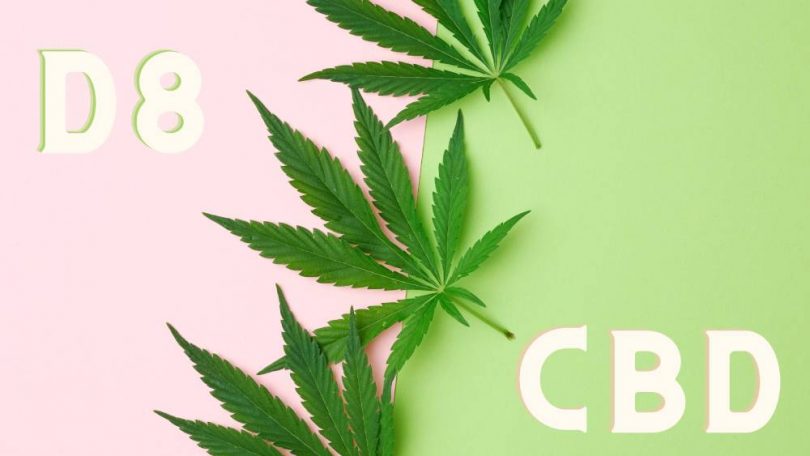It’s no secret that Delta-8-tetrahydrocannabinol (THC-8 or D8) has quickly become one of the hottest cannabinoids in circulation today. However, its new fame may be casting a shadow on cannabidiol (CBD). Previously, the most famous hemp-derived cannabinoid was CBD. Now, it is often mentioned when explaining how CBD gets turned into D8.
This isn’t anything new though. Since D8 first hit the shelves, market experts have been predicting the rise in D8 sales may hurt CBD sales. These predictions could be bad news for a company that only sells CBD. At the same time, it could be good for businesses with diversified product lines offering multiple cannabinoids.
Why is D8 So Popular?
One of the primary reasons D8 gets so much attention is because it keeps getting banned in different states. 13 states in the U.S. have made D8 an illegal substance. The press always covers new bills being discussed during state legislative sessions. With D8 being a hot topic of discussion among many state legislators, it gets mentioned regularly in the mainstream news.
All of the news coverage of bans in other states has made consumers in states where D8 is legal more aware and educated about what D8 is and what it does. If you haven’t heard yet, D8 causes similar effects as Delta-9-tetrahydrocannabinol (THC) with lower intoxicating effects.
D8 is federally legal because it is made from hemp-derived CBD. In states where THC is still illegal, D8 is a legal alternative. CBD could be poised for a comeback in the future, but for now, it seems to be taking a backseat to D8. If more states in the near future will legalize cannabis and THC products, there is a good chance D8 will lose its luster as more people get legal access to THC.
Image: Green House Healthy










